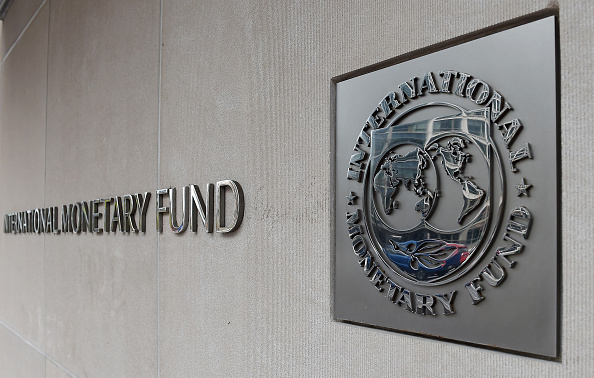Lusaka – IMF staff on Friday reached an agreement with Zambia on a $1.4 billion, three-year aid programme that they said would be based on a package of “bold” economic policies in the African nation.
The Extended Credit Facility loan, which is subject to approval from the International Monetary Fund’s board, is a major boost for new President Hakainde Hichilema during his first months in office.
The government of the southern African country had said it was imperative to win funding from the Washington-based crisis lender to help it deal with its crippling debt, which swelled to $14.7 billion and caused the nation to default during the Covid-19 pandemic.
The agreement “paves the way for debt restructuring talks with our creditors”, Finance Minister Situmbeko Musokotwane said in a statement.
ALSO READ | Corruption, Poverty: Zambia’s Hichilema urged to walk the talk after ‘slow’ start
Concluding a deal with the IMF was a key priority of the businessman-turned president who won July elections with a landslide victory.
“This is exactly what we have done,” said the minister, hailing the IMF deal as providing “much needed fiscal space to Zambia and anchor our domestic economic programme”.
In late October, the new government presented a budget that laid out its plan to restore financial stability to allow it to negotiate a restructuring agreement with creditors.
“This agreement is based on the authorities’ plans to undertake bold and ambitious economic reforms,” IMF mission chief Allison Holland said, noting that more details of the arrangement will be released on Monday.
The fund launched the talks in early November with Musokotwane, Bank of Zambia Governor Denny Kalyalya and other senior officials.
The country has also sought debt relief under the G20 “common framework,” and is in discussions with private creditors.
ALSO READ | Zambia’s new leader Hakainde Hichilema vows ‘zero tolerance’ on corruption
Early in the pandemic, G20 nations agreed to the Debt Service Suspension Initiative, which offered 73 low- and middle-income countries the ability to halt debt payments during the pandemic. That programme expires at the end of the year.
IMF spokesman Gerry Rice had recently described Zambia’s debt as “unsustainable”.
Zambia last year became the first African country to default on its Eurobond repayments during the Covid pandemic.
Hichilema has been critical of the billions of dollars of sovereign debt his predecessor Edgar Lungu raked up during his six years in office.
He claims the debt was grossly underestimated, particularly regarding money owed to China.
Analysts see the latest development as a watershed moment for the new government with ripple effect on the ailing economy.
“This is really important news, that will have a substantial effect on the Zambian economy,” said South Africa-based political analyst Nicole Beardsworth, attributing it to a “sea-change” approach by the new government.
Follow African Insider on Facebook, Twitter and Instagram
Source: AFP
Picture: Getty Images
For more African news, visit Africaninsider.com


